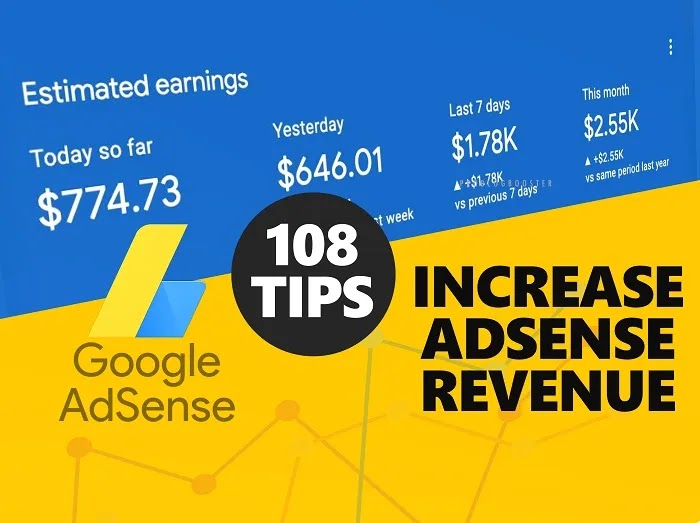WhatsApp offers features to enhance privacy, manage notifications, and improve communication, such as setting disappearing messages, muting group chats, and creating chat shortcuts. You can customize the app with custom chat wallpapers, bold or italicize messages, and even use a disappearing message feature for photos and videos. For convenience, you can pin important chats, reply to specific messages, and listen to voice messages before sending them. Check the most useful WhatsApp tips and tricks, such as how to screen share on WhatsApp. Listed coolest tips to help you get the most out of WhatsApp, from enhancing your app security and privacy to new customization features.
D2C (Direct-to-Consumer) B2C Strategies 2026 (Cutting Out Middleman)
D2C B2C Strategies —
But have you noticed a change in how you buy things? Instead of always going to a big marketplace or a huge retail store, you're now visiting the brand’s own website more often. You’re buying your shoes from the shoe company, not just a shoe store.
This powerful B2C strategy has a name: Direct-to-Consumer, or D2C.
Think of it this way. A skilled artisan in your city makes world-famous leather chappals. The old B2C way was to sell them to a big distributor, who sold them to a big store, who then sold them to you. So many steps. So many middlemen.
The D2C strategy cuts all of that out. That same artisan now has their own website. They sell their chappals straight to you. No middlemen. It's a more direct, simple, and honest way of doing business. This post is all about the strategies behind this D2C model and why it’s changing the game for brands and shoppers alike.

Introduction to D2C Model
In the business arena, the manner in which businesses sell products is shifting tremendously. For decades, if a company needed to sell something, they typically needed to go through an intermediary — for instance, a distributor or retailer — who would subsequently offer the product to the consumer.
It's extremely popular because corporations are saving on costs, engaging more with people, and providing reduced prices.
Role of the Middleman
For an understanding of just how significant D2C is, it's worth having some general idea about what the middleman does. Historically, a company's product would pass through many pairs of hands before it finally reached the consumer. The product is sold by the company to a wholesaler, the wholesaler to a retailer, and the retailer to the consumer. All of them add costs because each intermediary must make a profit. All these additional fees have the propensity of raising the price of the product for the ultimate consumer.By cutting off the middlemen, businesses can eliminate these additional charges, which is to the advantage of both the business and the user.
Why D2C?
B2C stands for Business-to-Consumer, i.e., companies selling products to consumers directly for individual consumption.When B2C is used along with D2C, it implies the company is selling directly to the consumer without any intermediary agent. So why are businesses so eager to sell directly to consumers? The number one reason is cost savings.
When businesses sell directly, they don't have to pay additional fees or profits to distributors or retailers. They can then reduce the price of their products or keep additional profits for themselves.
Lower prices attract more consumers, and greater profits enable businesses to expand their business.
Control Over Customer Experience
But cost savings are not the only benefit. When a company sells directly to consumers, it controls the customer experience. That is, they control how the product appears on their website, how it is priced, how it is packaged, and how it is shipped.Companies can ensure the customer has a simple, pleasant buying experience. For instance, they can create a simple site, provide quick shipping, and provide good customer support. Taking control of the entire process enables companies to form a strong brand and loyal customers.
Immediate Customer Feedback
Another huge advantage of the D2C model is that companies receive immediate feedback from customers.Rather than being required to travel through intermediaries to inform them of what customers want, companies hear it directly from the buyers. This allows them to get to know customers' wants and needs directly and first-hand. If customers do not approve of something or desire a feature, firms can make the changes incredibly quickly. This direct exposure allows firms to remain competitive and please customers.
D2C and Online Success
Most D2C companies today sell online. They either set up websites or vend on social networking sites such as Instagram and Facebook.Online business is very convenient to consumers because they can choose to buy products anywhere and at any time. There are even companies that offer their own shops or temporary spots where consumers can see products up close.
Among the top D2C players are War by Parker, which retails eyeglasses online; Dollar Shave Club, which delivers shaving items by subscription; and Glossier, a beauty firm that expanded mostly through online commerce and social media. Although the D2C model works well, it is not without drawbacks. One of the major issues is logistics management.
Challenges of D2C
Direct shipping to consumers implies that the business has to do packaging, shipping, and delivery within itself or with trusted delivery partners. This is hard and costly. Second, because firms are interacting with consumers directly, they have to ensure consumers are satisfied and issues are resolved right away.Marketing is tough too — businesses have to invest money and effort in reaching customers online without the benefit of storefronts. Constructing customer trust is also essential, particularly because customers can't try out products prior to purchasing them.
Strategies for D2C Success
The firms must concentrate on some strategies for successful D2C. First, one must create a strong brand that's familiar and trusted by customers. That implies producing quality products and open, honest communications.A trusted brand makes consumers comfortable buying directly from the firm.
Second, organizations must execute digital marketing well. Social media advertising, influencer collaborations, email marketing, and search ads assist businesses to get more possible customers online.
Third, developing a world-class customer experience is important. The website should be simple to use, orders must be speedy, and customer service needs to be prompt and helpful.
Using Customer Data
The second key strategy is to analyse and use customer information.D2C businesses gather data on what customers purchase, how they purchase it, and what they are fond of.
Businesses can enhance products, personalize marketing messages, and make recommendations based on the data.
Personalization is used to make businesses stand out and keep them returning. The expansion in the D2C model has a direct correlation with technological progress.
The internet also made it simple for businesses to directly reach customers through websites and social media. While customers, conversely, yearn for convenience and simplicity and would like to purchase from brands familiar and trusted to them.
Technology also assists businesses in handling orders, payments, and deliveries effectively. Moreover, customers these days also care about authentic and personalized brands — something that D2C firms can provide more than big-box retailers.
The Future of D2C
In simple terms, Direct-to-Consumer B2C models are transforming product sales as companies cut the middleman out and sell the product directly to customers.Businesses can save money, offer competitive prices, and have complete control over customer and brand experience using this model.
Logistical and marketing expenses are negatives, but the advantages of D2C make it a worthwhile and expanding model for most companies.
With advancements in technology and customer needs over time, the D2C model is bound to be even more trendy in the years to come.
Bottom Line
So, at the end of the day, D2C is one of the most powerful B2C strategies a brand can use in these days. It’s about taking back control.By cutting out the middlemen, businesses can build a real, honest connection with their customers. They get to tell their own story, learn from direct feedback, and create a loyal community. It proves that the shortest path between a business and a consumer is always a straight line.
What do you think? Which local brand is doing a great job of selling directly to you? Let's celebrate them! Mention your favorite in the comments below.




